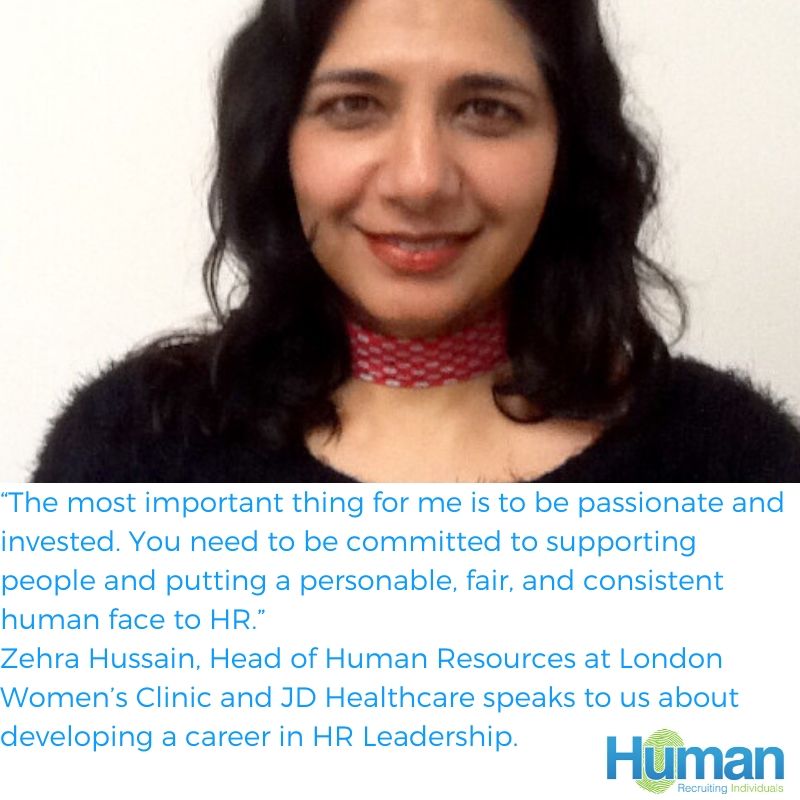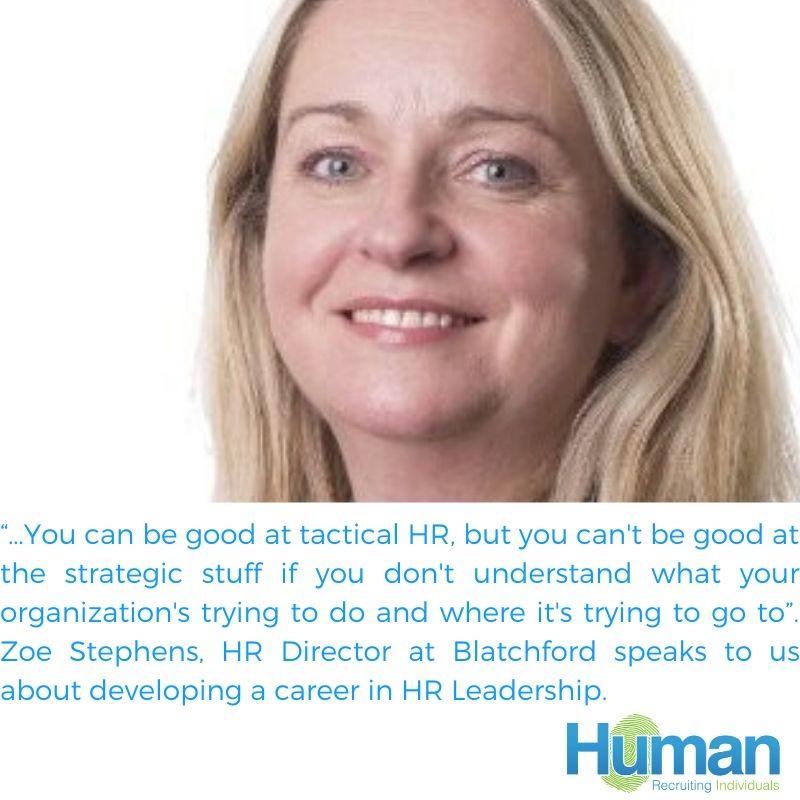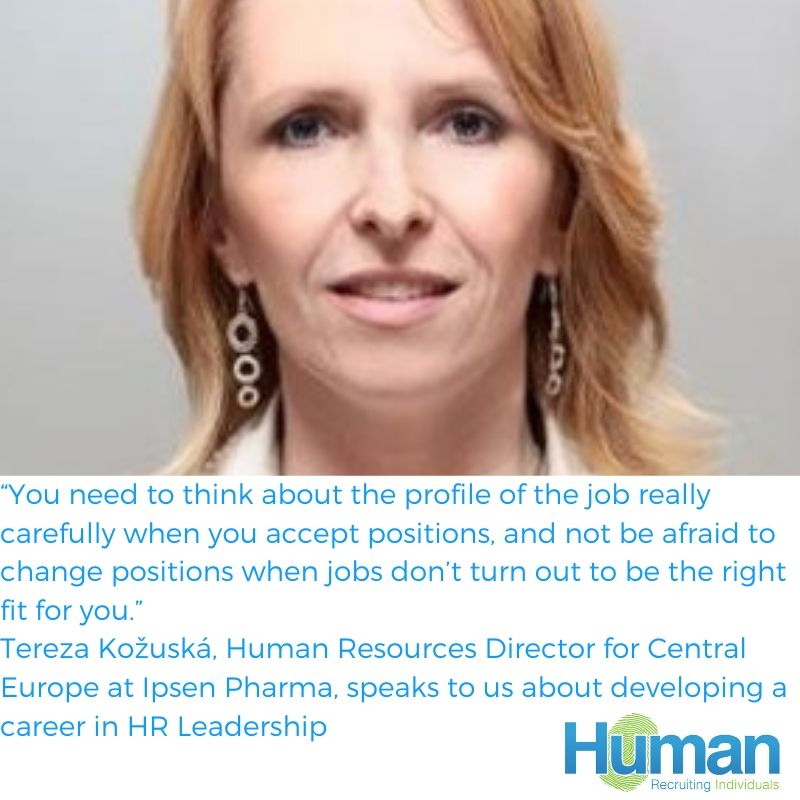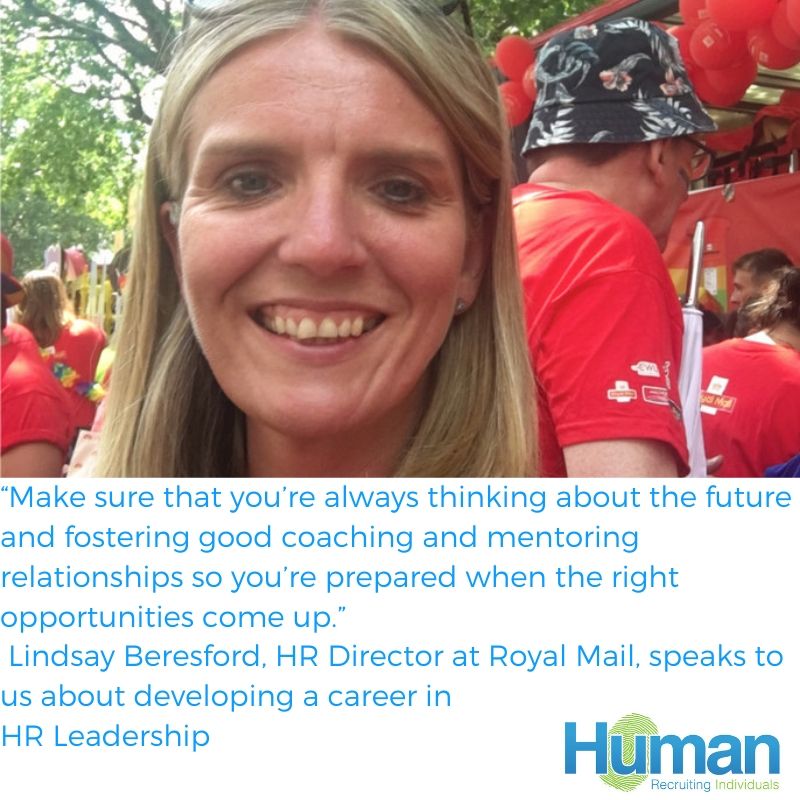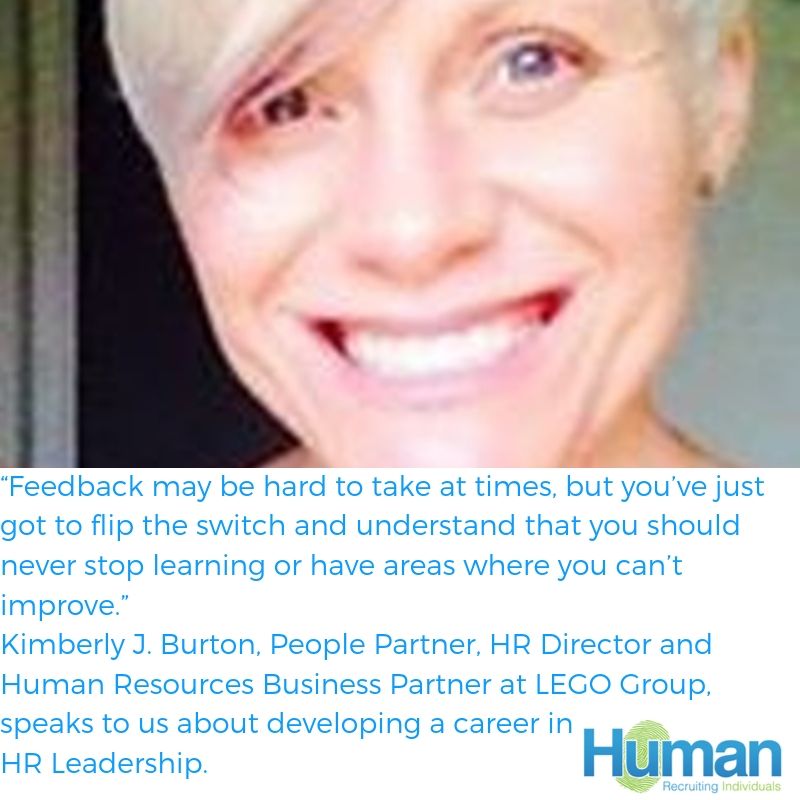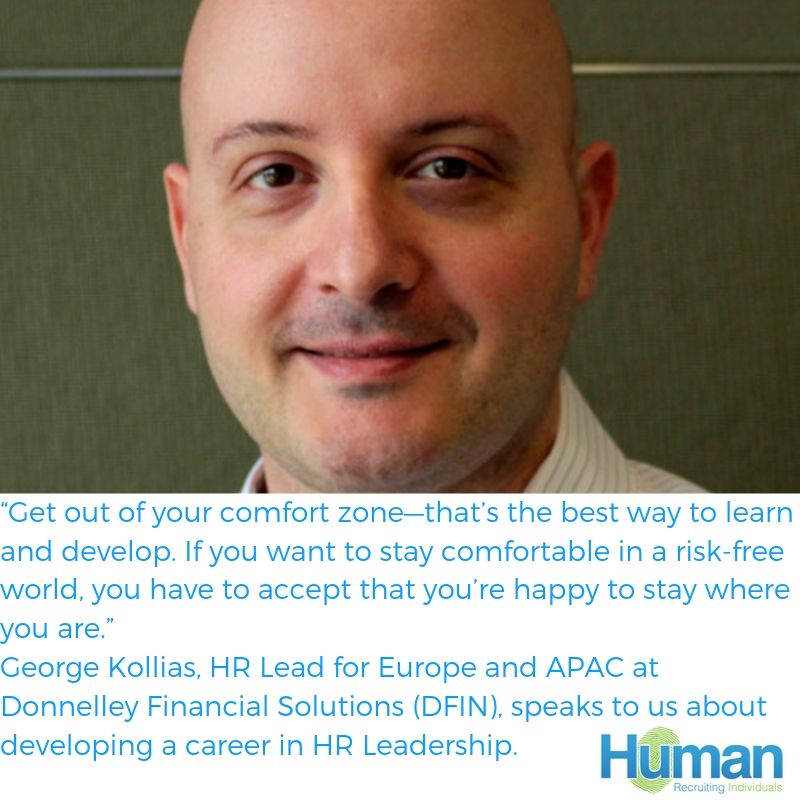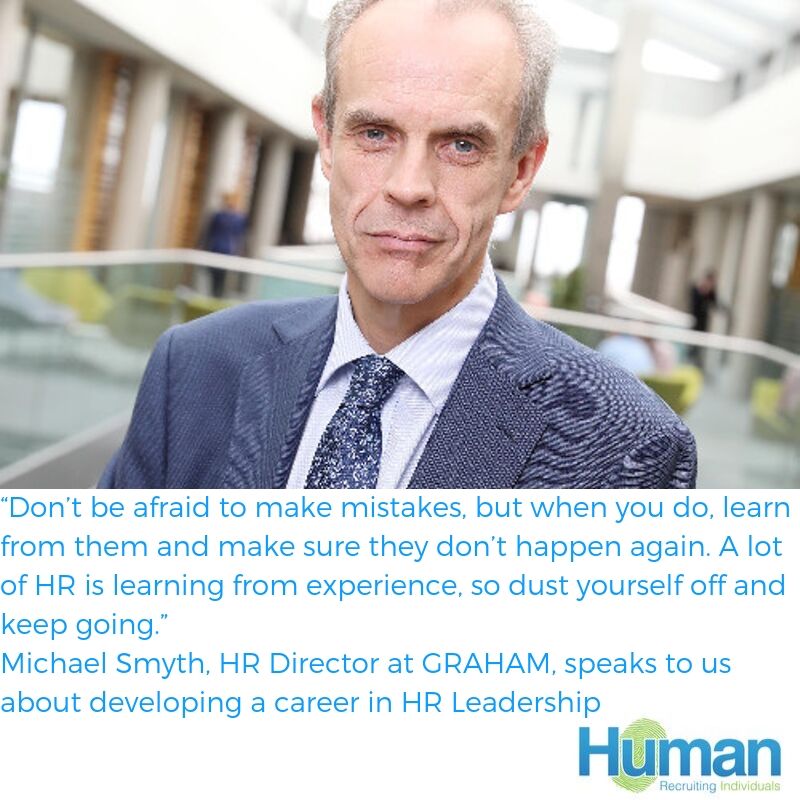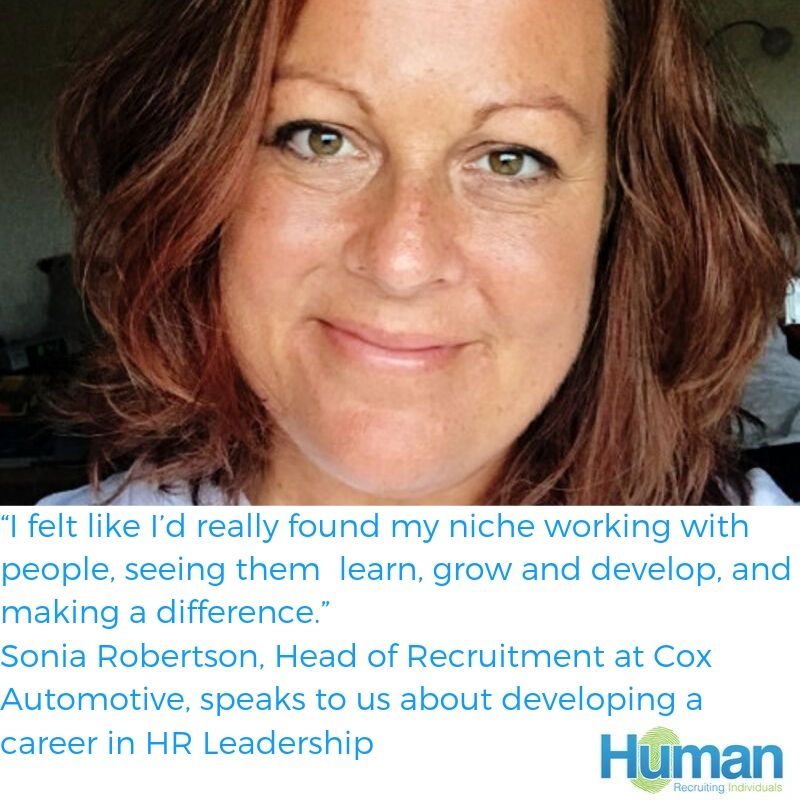“The most important thing for me is to be passionate and invested. You need to be committed to supporting people and putting a personable, fair, and consistent human face to HR.” – Zehra Hussain, Head of Human Resources at London Women’s Clinic and JD Healthcare speaks to us about developing a career in HR Leadership.
“The most important thing for me is to be passionate and invested. You need to be committed to supporting people and putting a personable, fair, and consistent human face to HR.” – Zehra Hussain, Head of Human Resources at London Women’s Clinic and JD Healthcare speaks to us about developing a career in HR Leadership. As part of our commitment to supporting candidates to develop fulfilling careers, we’ve invited some HR Leaders to share the secrets of their success. This week, we had a great conversation with Zehra Hussain at London Women’s Clinic and JD Healthcare, who began her career in HR in the civil service, taking on a role as an HR Programmes and Projects Consultant for the Department of Business, Innovation, and Skills in May 2004. She later ascended within the organisation, assuming roles as Industrial Relations Manager, People Survey Programme Manager, and the HR Consultant on Shared Services, Next Generation HR Programmes, and the HR Delivery Model Project. In February 2014, Zehra joined the team at Spence Johnson Ltd / Broadridge Financial Solutions Limited as an HR Manager, later transitioning to the charitable sector to act as the Senior HR Manager for Children with Cancer UK before taking on her current role in June 2019. Can you tell us how you got into HR and why? My career in HR started in the civil service. Before I got into HR, I was managing a large team, and had a reputation for being fair and always following the correct procedures. I was told that I might be a good fit for an opening as a HR Business Consultant in the Department of Business, so I applied for it and ended up in a role implementing the first disability strategy, handing disability issues across a department with about 2,500 people. I found that I really enjoyed discovering the challenges people faced and working out how we could make adjustments to overcome them as an organisation. It was a steep learning curve, but I loved the work, especially when I met people whose working lives had been improved because of it. It’s all too easy to get lost in the processes and plans involved with making change, but seeing the end result really brings home the value of things. From there, I moved onto a role as a Business Partner involved with the department’s people strategy. I worked to put together a sound, consistent, fair appraisals process, and during its development, I really tried to talk to people and understand what their concerns were as I had done beforehand. That seemed to really enhance my work, and I found myself becoming an HR leader very quickly. In my time at the Department of Business, Innovation, and Skills, I had the opportunity to deal with the entire spectrum of HR issues, and worked with key players in a range of other departments to provide a joined-up, holistic, cross-departmental HR service. I was later able to take the skills I acquired there over to Spence Johnson Ltd/Broadridge Financial Solutions to learn what was a priority for them and build and introduce policies and procedures around that. After a while, I found that I wanted to undertake work that had more of a social benefit, and moved on to work at Children with Cancer UK, which again was very much about building a framework of policies and procedures around meeting their needs and improving the employment life-cycle of those within the organisation. From there, I transitioned to the London Women’s Clinic, and I’ve been thoroughly enjoying implementing structure and learning about the conditions that employees are working in. I think it’s really important to be clear and transparent around the state of the working environment, as having an accurate perception of things really helps us in HR to communicate and engage with people across the organisation and empower managers to lead effectively. Working with managers is a huge part of what I do, and I love supporting them to ensure they’re engaged, loyal, and thriving in our organisation. We’re aiming for total fluidity of policy and procedure across the organisation, and the feedback on our efforts so far has been overwhelmingly positive. Can you tell me about the key themes and challenges that you’re seeing across the HR sector? I think it’s vitally important for HR to be reactionary, supportive and proactive in equal measures, and I’ve always believed that HR needs to be at the heart of a business to make the biggest impact. All the organisations I’ve worked with have benefitted from HR being involved at board level—our impact is felt across the entirety of a business, so it makes sense that we play a role when key decisions are being made. I think CEOs and leaders need to recognise that HR has to be positioned at the heart of things for them to get the most out of our involvement. After all, key things like growth in profit and productivity start with HR. I think a key theme we’re seeing become more and more prevalent in business and society alike is mental health awareness. In HR, we’re more conscious than ever of the importance of pinpointing and meeting the mental health needs of our employees, and I’m particularly keen to do that within the London Women’s Clinic. We’re working within the challenging area of fertility issues, and we have a very young workforce who encounter emotional situations as part of their work, so I think it’s key for us in particular as well as all organisations more generally to have support mechanisms in place that can detect issues staff may be experiencing early and respond to them appropriately. I think a large part of that is having effective one-to-one support, and we’re currently developing mental health awareness training for our managers to ensure employees have that available to them. Another important thing we face in HR is working out how we keep the workforce engaged and loyal beyond

